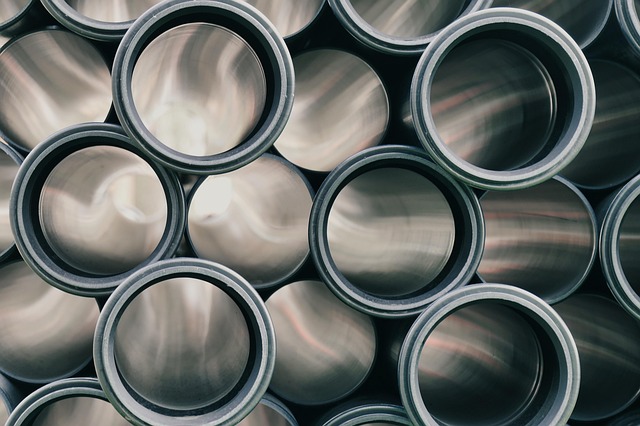Regular septic system maintenance is key to preventing costly repairs and ensuring optimal performance. Look out for unusual signs like persistent odours, slow drainage or water pooling, as these may indicate issues. Annual inspections by a licensed professional are crucial, along with proactive measures from homeowners to avoid excessive water usage and improper waste disposal. Effective maintenance safeguards against environmental contamination and prolongs the life of your septic system.
“Is your septic system functioning optimally? Understanding the intricacies of your septic system and identifying potential issues early on is crucial for effective maintenance. This article guides you through the process, empowering you to recognize common problems like drain field degradation before they escalate.
By exploring signs such as odd smells, clogs, or pools of water, you can take proactive measures. Learn about preventive maintenance practices to ensure your septic system remains healthy, thus safeguarding your property and environment.”
- Understanding Your Septic System and Common Issues
- Signs of Septic Field Problems to Watch Out For
- Preventive Maintenance: Keeping Your Septic System Healthy
Understanding Your Septic System and Common Issues

Understanding your septic system is key to maintaining its optimal performance. At the heart of this self-contained wastewater treatment facility lies a delicate balance of bacteria, pipes, and soil working together to break down and disperse sewage safely. Regular inspection and maintenance are crucial components of keeping your septic system running smoothly. Common issues include clogs from foreign objects, excess water from leaky faucets or toilets, and bacterial imbalances caused by improper waste disposal.
Septic system maintenance involves scheduling professional assessments, pumping the tank as needed to prevent sludge buildup, and ensuring proper treatment of all wastewater entering the system. By addressing potential problems early on, homeowners can avoid costly repairs, environmental contamination, and the inconvenience of having to install a new septic system.
Signs of Septic Field Problems to Watch Out For

Watch out for these signs that could indicate problems with your septic field: unexpected odours, gurgling or swirling sounds coming from your drains, slow-moving or clogged drains, and poolings or puddles of water near the drain field. If you notice any of these issues, it’s crucial to act promptly as they can be early indicators of a failing system. Regular inspection and septic system maintenance are key to preventing severe problems.
Other telltale signs include lush, green grass growing excessively in one area of your yard, especially if it’s not being watered; a distinct smell similar to sewage around your home or yard; or if your well water begins to exhibit unusual odours or changes in clarity. Prompt attention to these symptoms can help avoid costly repairs and ensure the longevity of your septic system.
Preventive Maintenance: Keeping Your Septic System Healthy

Regular septic system maintenance is key to preventing costly and disruptive drain field problems. Just like any other home system, your septic tank and drain field require routine care to function optimally. Preventive measures include annual inspections by a licensed professional who can assess the overall health of your system, check for leaks, and ensure proper placement and functioning of components. In addition to professional services, homeowners can contribute to proactive maintenance by avoiding excessive water usage, properly disposing of fats, oils, and greases, and not flushing non-biodegradable materials down the drain.
Regular monitoring and proactive maintenance are key to avoiding major septic system issues. By understanding common problems like clogged pipes, excessive moisture, or odor outbreaks, homeowners can spot potential crises early on. Implementing preventive measures such as annual inspections, proper waste disposal, and efficient water usage will ensure your septic field remains healthy for years to come, promoting optimal septic system maintenance.
